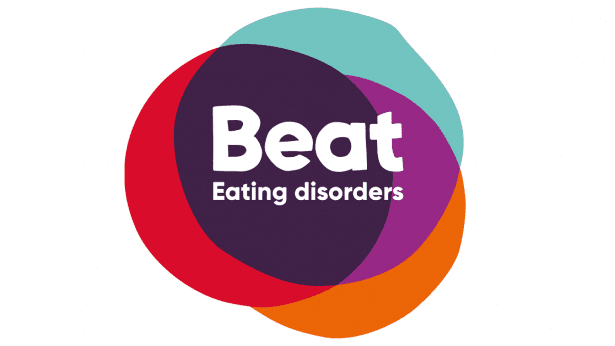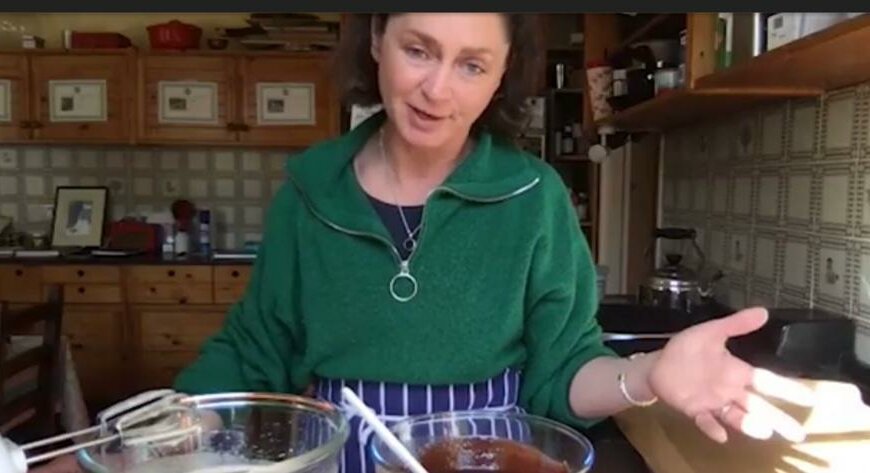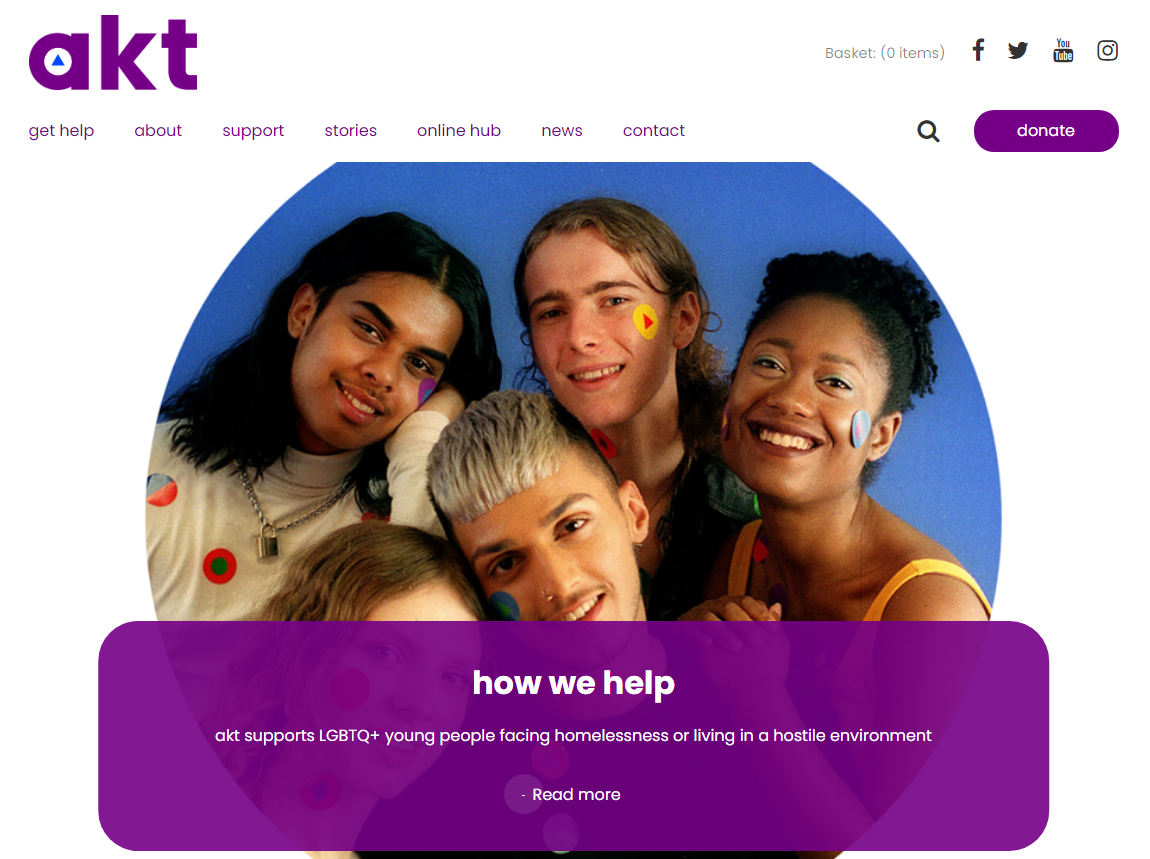
‘COMING out’ is derailing the lives of some young LGBT people – thanks to a double dose of discrimination which is leaving them homeless and without help when they need it most.
That’s according to a UK charity which helps young homeless people, and has found that almost a fifth of those it helps say they became homeless because their parents rejected them when they came out.
And as if that trauma weren’t enough, the charity then says those same young people are being denied access to local authority support because their one-off ‘moment of crisis’ does not fit the official definition of ongoing domestic abuse.
The findings come from the charity AKT (the Albert Kennedy Trust), which supports 16–25-year-olds who are homeless or living in a hostile environment, and offers safety and support to young LGBTQ+ people.
According to AKT, 24% of homeless young people identify as LGBT and 77% of those (so 18.5% of all AKT’s clients) say coming out to their parents was the main factor for them ending up on the streets – as their parents rejected them.
The charity says in the North East, over half its service users are trans/non-binary, and regional service manager Dawn Gasgoine said: “Things have moved on massively, but there still are pockets out there of discrimination and abuse.
“But for trans/non-binary young people, things haven’t moved forward for them the way it has for other parts of the community.”
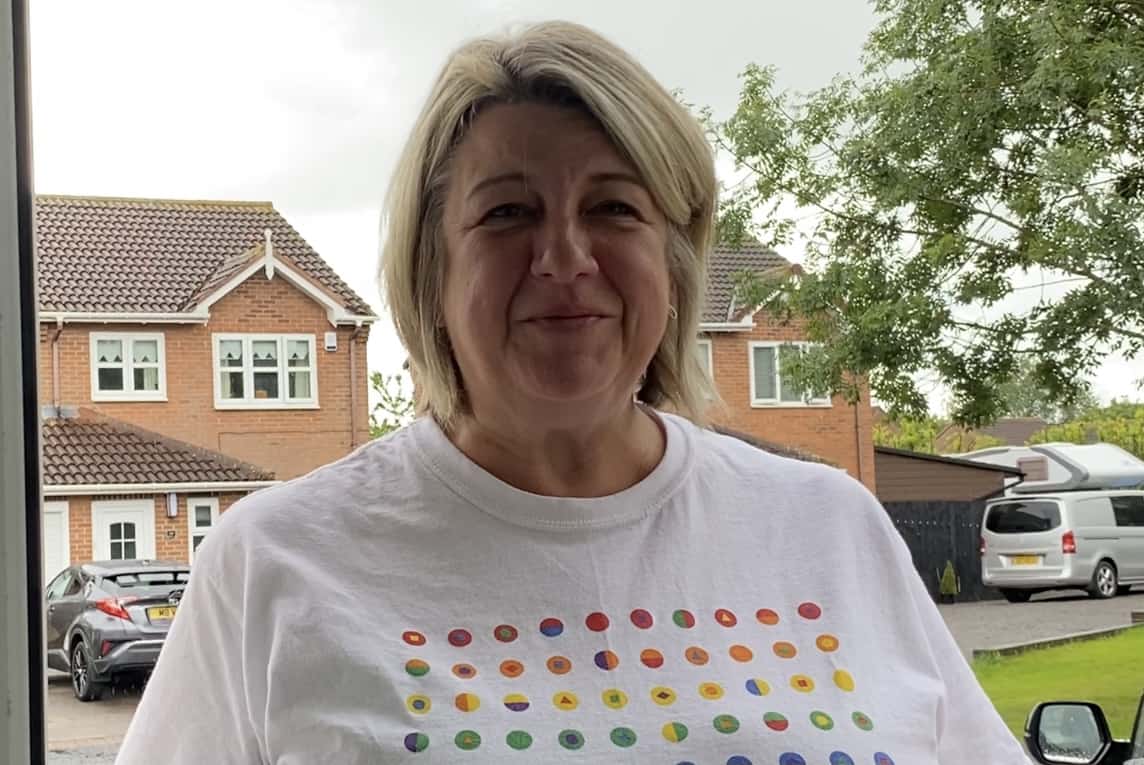
She added: “For some of our young people, those consequences can be extreme. Covid has prevented those young people being able to access the usual support from peers.”
AKT also says some young LGBTQ+ people have been unable to access services provided by local authorities.
Ellen Miller, a caseworker in its London service team said: “To get emergency accommodation and housing from the council you have to be in a threshold of priority need.”
The Housing Act 1996 determines who is a priority need.
“If a young person has had quite a good relationship with their family but suddenly they find out they are gay and it changes things, they can be kicked out on the spot and the council wouldn’t perceive that instance as an of domestic abuse because it’s an isolated instance. There wouldn’t be any history for them to draw on.”
She added that in some cases, young people can experience misgendering or homophobia while trying to access these services.
“I can write an email using the correct pronouns and a person from another service can respond using the incorrect pronouns, and I can correct it … and it still continues.
“Our young people know when they’re not being listened to or when the person on the other end of the phone does not understand what they’ve gone through and, ultimately, that stops them getting the support they’re entitled to.”
The Newcastle branch of AKT is also training peer mentors, who can encourage young people to reach their goals in life.
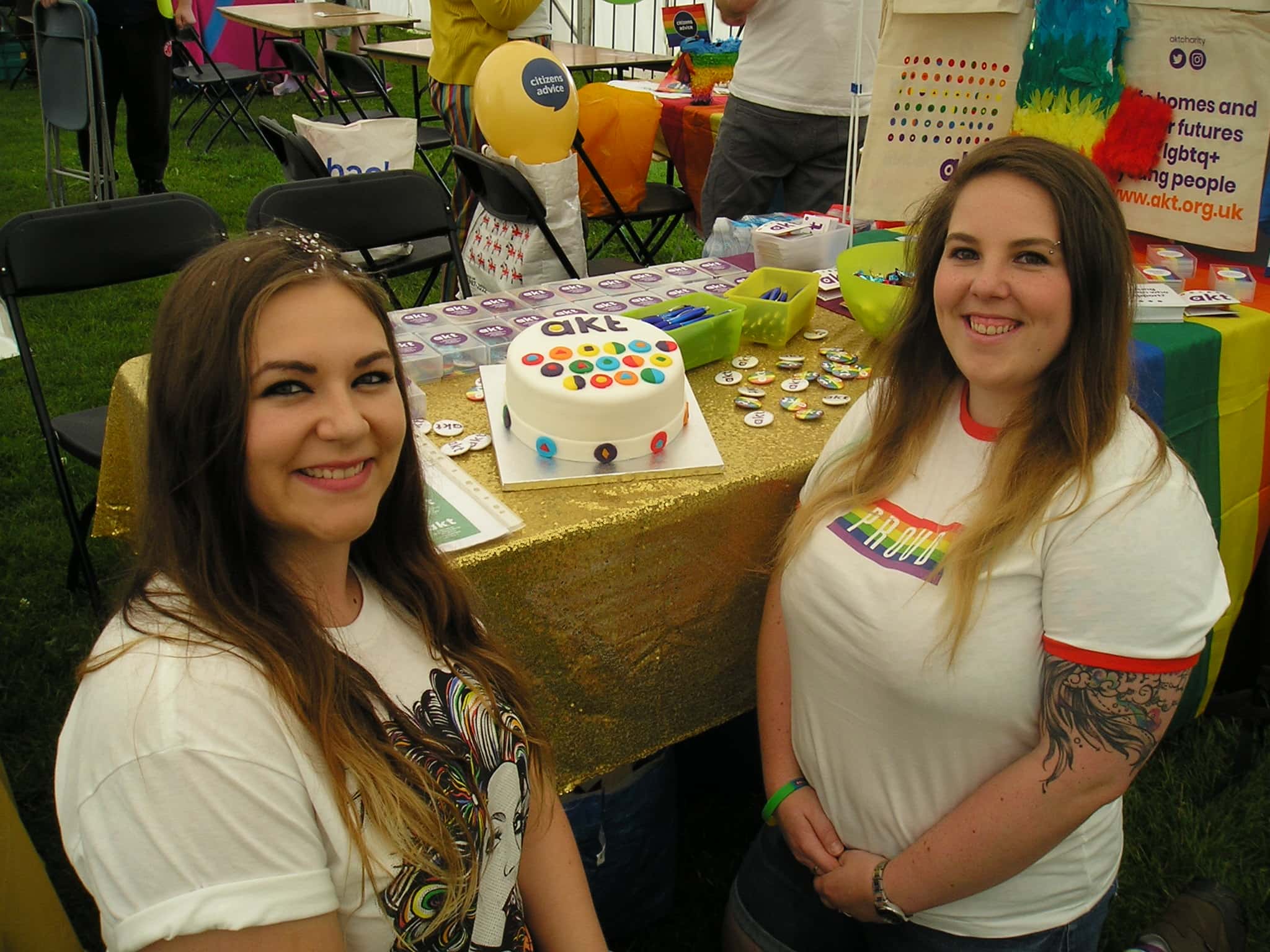
However, Covid-19 has made it difficult for those who use the services that are living in a hostile environment.
Miss Miller said: “The pandemic has created so many difficulties for our young people whose hopes of leaving a difficult family environment might have been taken away by them losing a job or having their income seriously being cut by being furloughed.”
The charity – which offers financial support, secure accommodation, referrals to specialists, and a youth engagement programme – has seen a 118% increase in referrals from April to December 2020 compared with the same period the year before.
Miss Miller added that, with the necessary support, young people can overcome these difficulties.
“We talk about the vulnerabilities of our young people but they’re so amazing, and we hope after being with our services they can go on to do the great things they’ve got the potential to do.”
For support, visit the akt website or call 0191 218 0099.


